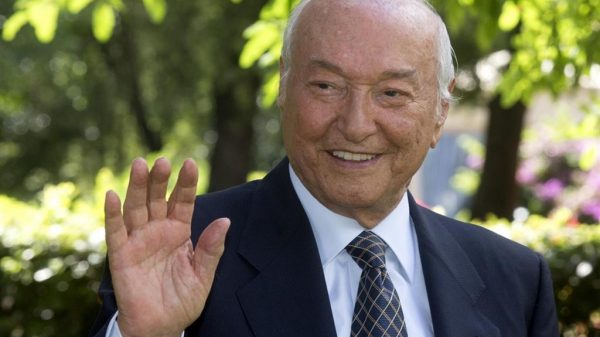Il glioblastoma it is the most common and aggressive form of brain tumor. And a drug it contains could be effective for its treatment a derivative of olive oil, hydroxyoleic acid (2-OHOA). This is the interesting result of a study conducted in UK on 54 patients affected by this and other advanced tumors and financed by National Institute for Health and Care Research. In particular, 21 patients with glioblastoma were administered the drug with hydroxyoleic acid with the result that one in four (24% to be exact) had a positive response to the treatment. One patient managed to stay alive for three years, a time considered exceptional by doctors for this type of disease.
What is hydroxyoleic acid and how does it work
The drug is characterized as a synthetic lipid derived from olive oil which researchers have found to be capable of intervening on the membranes of tumor cells - i.e. the external layer of a cell - with the effect of preventing both the growth of same as tumor spread. In fact, diffusion is generated by the fact that abnormal membranes such as those of tumor cells facilitate the communication of proteins within the same cell, contributing to the growth of cancer. Hydroxyoleic acid blocks these communication signals, causing the membranes of tumor cells to behave exactly like those of normal cells.
The trust of researchers
The research group is led by Dr. Juanita López, consultant medical oncologist at the Royal Marsden NHS Foundation Trust. “Glioblastoma – he explained – it is a terribly difficult disease to treat, and unfortunately, patients with advanced disease have very poor outcomes. There has not been an effective new treatment for this patient group in nearly two decades, so there is an urgent need to accelerate the development of new drugs. This new treatment is promising and was designed from the same building blocks as olive oil. By reshaping the walls of tumor cells, this drug blocks crucial growth signals that drive cancer. The first results of our study are encouraging and support the continued development of this treatment”.
The research project will now continue with another group of patients – at least 200 – who have been diagnosed with glioblastoma. From the results of this new study, further information on the efficacy and safety of the drug in this patient population is expected.



















